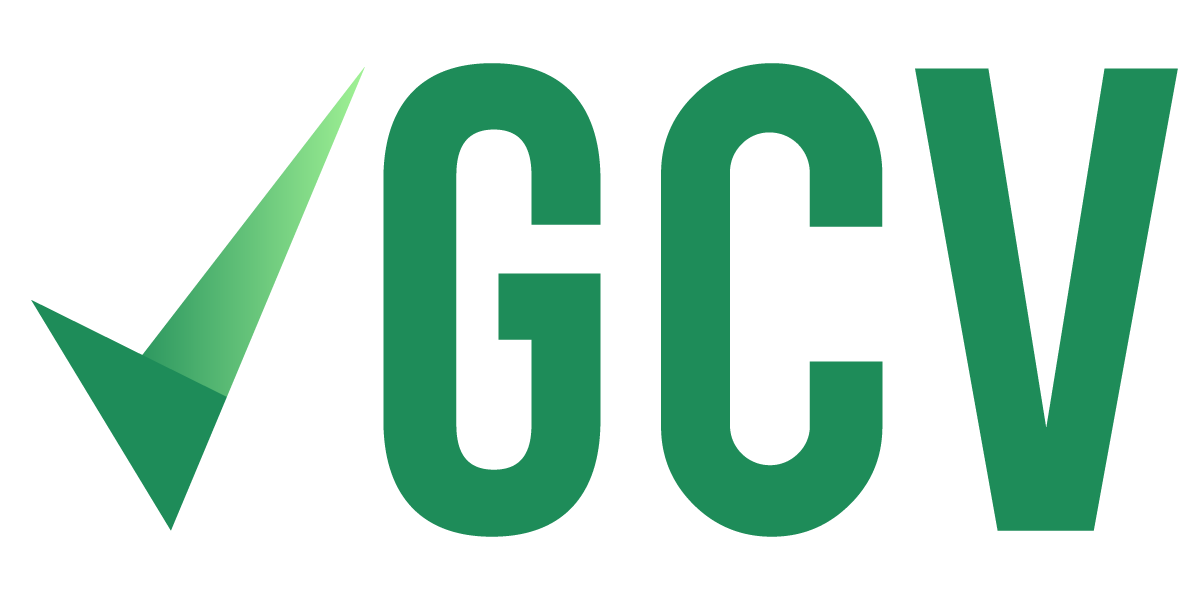Federal Legislative Update
Although COVID-19 continues to be ever present in the minds of voters and politicians, the legislative work continues in Washington D.C. as Congress continues to debate. We know it can be hard to remember what’s going on, so we wanted to give an update on current legislation important to protecting Georgia’s environment and people.
Green New Deal
Currently, there are no legislative changes to the status of the Green New Deal. However, polling suggests that most people are unaware of what is in the Green New Deal.
The Green New Deal is a package of proposed federal legislation that would tackle climate change and income inequality. Major changes include transitioning to 100% clean energy by 2030, living wages, affordable housing and free college tuition. In short, the GND is aimed at securing the future prosperity for all Americans regardless of background and ensuring that the planet they inherit is protected from irreparable harm.
While critics say that the overall costs of the GND will be too much for taxpayers to bear, the truth is that unless steps are taken to ensure we can transition to a carbon free economy and provide social safety nets for citizens, future generations will be paying even more than what we would pay under the Green New Deal.
LWCF
The Land and Water Conservation Fund is a public fund that was created by bipartisan legislation in 1964. It aimed to preserve America’s natural areas, water resources and cultural heritage sites so that future generations could use these public recreational lands. By using the royalties paid by oil and gas companies, the LWCF was slated to receive $900 million annually. Unfortunately, every year, the LWCF has been unable to receive it’s full grant, with millions of dollars siphoned off to other other projects.
Furthermore, the LWCF remains under attack from the current administration. Donald Trump has proposed to wipe out funding for the LWCF for 2021; this would not only result in the loss of critical resources in national parks and lands but also make the formation of natural spaces immensely difficult. Thankfully, Congress remains dedicated to preserving the LWCF, though it remains unwilling to fully fund the LWCF.
PFAS
PFAS or Per- and polyfluoroalkyl substances is a dangerous chemical that’s often used in everyday household items such as frying pans and rugs. The EPA states that they “are very persistent in the environment and in the human body – meaning they don’t break down and they can accumulate over time. There is evidence that exposure to PFAS can lead to adverse human health effects.”
Several health consequences of PFAS include higher cholesterol levels, effects on the immune system and cancer. However, instead of confronting this dangerous chemical and protecting the general population, the Trump administration has taken steps to confront its own EPA to promote the interests of the chemical industry.
Utility COVID Bill
In the current economic climate, millions of Americans are being forced to decide which bill to pay while having lost their jobs or hours at their employment. This situation is perilous enough as it is; Americans should not be forced to struggle with keeping the light on.
Unfortunately, the Trump administration and Congress remain unwilling to pass a bill that would help alleviate the situation and ensure that Americans do not have to worry about their electric bill. Recent efforts by Democrats have stalled in Congress, as Republicans refuse to provide additional financial assistance to vulnerable Americans.
Conclusion
The current economic and political climate is uncertain, to say the least. However, that should not prevent our legislators and government leaders from taking the necessary steps to address problems facing Georgia and America. This includes the looming threat of climate change; now is the best time to invest in green renewable energy sources, wean our cities and citizens off of archaic dirty power, bring in systematic and lasting changes to protect our citizens, and ensure a future that is brighter and more resilient.
